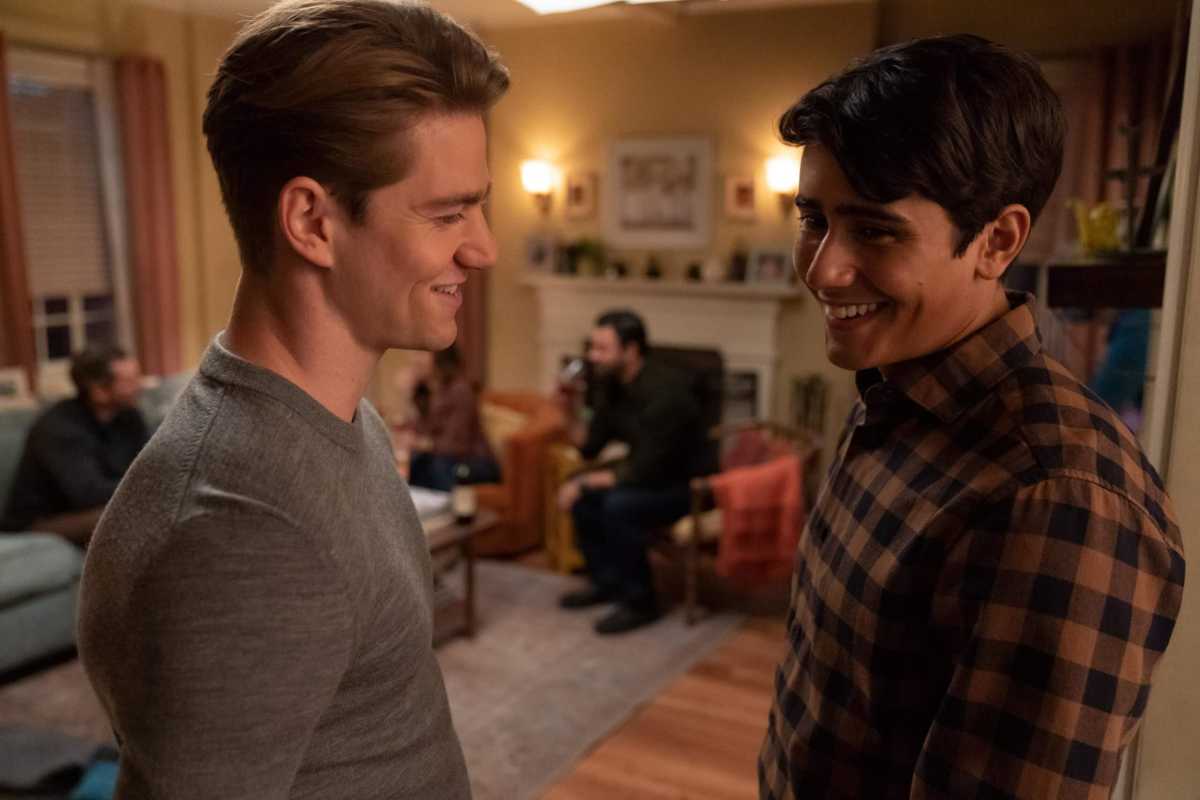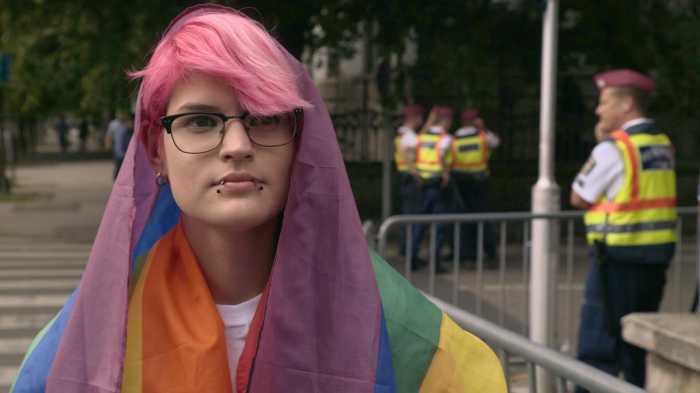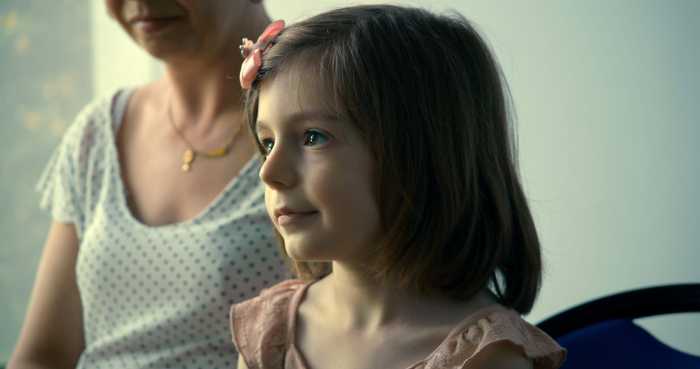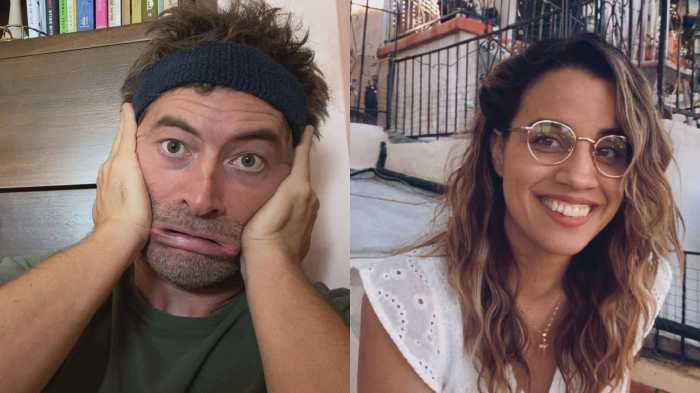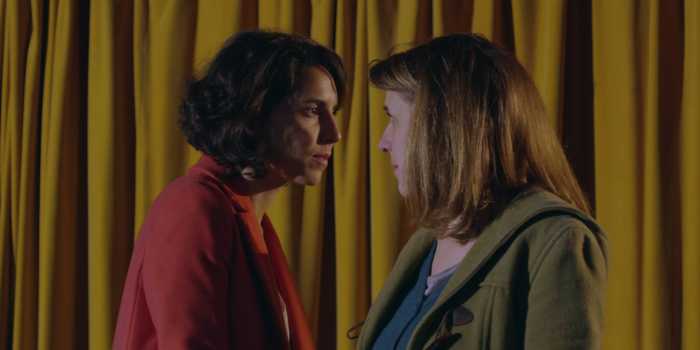The third and final season of “Love, Victor” suddenly takes on a political importance only implicit when the show debuted in 2020. Even during the short period of its run, the open existence of LGBTQ teenagers has made them a target for legislation and hate speech from American conservatives. Stereotypes linking gayness and pedophilia that seemed to have died out are rapidly returning, influencing law. In this climate, a show about a teenager who came out as gay at 16 and dates other boys, even if it’s not much different in style or form than numerous TV shows about heterosexual youth, is a statement.
“Love, Victor” was created by Isaac Aptaker and Elizabeth Berger, screenwriters of the 2018 film “Love, Simon.” Without departing much from the aesthetic of “Love, Simon” (itself based on Becky Albertalli’s novel “Simon vs. the Homo Sapiens Agenda”), it tries to compensate for some of the film’s blind spots. Where Simon was white, Victor Salazar (Michael Cimino) is Latinx and one of his friends is Iranian-American. (However, it’s never delved far into the specifics of gay Latinx experiences.) The show depicts a community of teenagers that’s ethnically diverse, including queer girls among its major characters.
At the start of season three of “Love, Victor,” Victor is dating Benji (George Sears). Benji still struggles with his drinking problem, and a night where he almost gets caught drunk driving leads him to rehab. Upon returning, he claims that he needs to break up with Victor because their relationship is an emotional trigger. Still devastated, Victor finds the new level of acceptance he’s achieved at school and with his family a bit hard to handle. His basketball coach, who can barely say the word “gay,” offers him a “Bravery Award.” Victor’s parents Armando (James Martinez) and Isabel (Ana Ortiz) reconcile. Meanwhile, Rahim (Anthony Keyvan) shares Benji’s trip to rehab with the entire school, jealous over Victor and Benji’s relationship.
Whatever the GOP thinks, Disney has hardly been a consistent LGBTQ ally, giving us a long string of queer-coded villains, queerbaiting subtext, and claims that films in which two men dance together for five seconds are breakthroughs in representation.
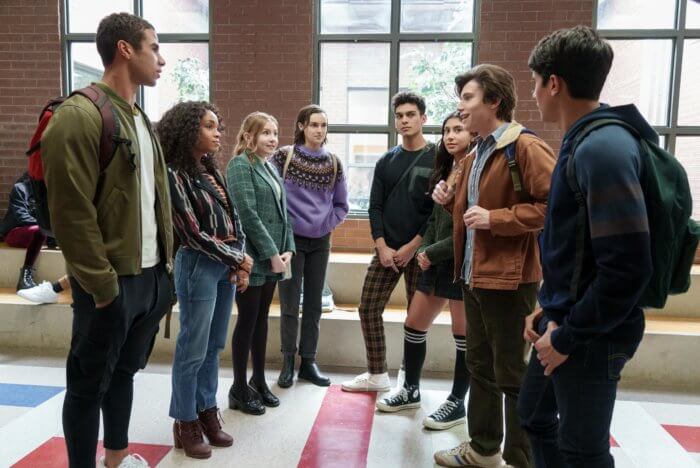
“Love, Victor” was originally slated to premiere on Disney+, but it was moved to Hulu, which they also own. But the show benefited from the move, becoming able to explore the realities of teenagers dating more than “Love, Simon.” The show has never gotten explicit; one character jokes about feeling like a character on “Euphoria” after staying up drinking root beer floats. Its sex scenes fade out quickly, yet they do exist. While nothing much happened during “Love, Simon” to warrant its PG-13 rating, Victor gets stoned at a party and comes down with an STI in this season.
Consisting of eight episodes averaging slightly less than 30 minutes, this whole season could be binge-watched in a long evening. But to keep the audience’s attention, most episodes close with an emotional cliffhanger. “Love, Victor” embraces melodrama, compressing years worth of life into a fairly short period. The third season returns to the theme of Benji’s addiction and whether his turbulent relationship with Victor bears some responsibility for it, as his father thinks. Most teenagers would be lucky to have all the experiences Victor goes through in one season during their entire four years of high school. Greg Berlanti, the director of “Love, Simon,” has been an executive producer on 16 TV shows, and helped create the WB/CW teen drama formula. It persists on “Love, Victor.”
“Love, Victor” never hits the heights of the British series “Heartstopper,” which hit on Netflix earlier this year. It plays things a little too safe, even returning to the fairground setting where the emotional climax of “Love, Simon” took place in the final episode. But its desire for reassurance reflects something real. It finds drama rooted in teenagers coming out but doesn’t end there: most of these kids’ problems, such as a relationship that winds up on the rocks because one partner plans to move away, aren’t tied to their gayness.
“Love, Victor” and “Heartstopper” represent something new in LGBTQ media, derived from YA novels and moving away from the arthouse. Queer cinema has long been rooted in rebellion and a quest to find new forms to express a sexuality that was forcefully pushed out of the mainstream. These shows stake a claim on it inside that mainstream, pushing queerness into places where all too many heterosexual adults have made it invisible, especially the teen films modeled on John Hughes. While much of their audience consists of teenagers themselves, they can speak to adults who were never able to date same-gender partners or be open about their sexuality as high school students.
“Love, Victor” presents a world that’s becoming more kind, without denying the existence of homophobia. The fragility of that world in real life lies underneath it.
“Love, Victor” | Starts streaming June 15th on Hulu

